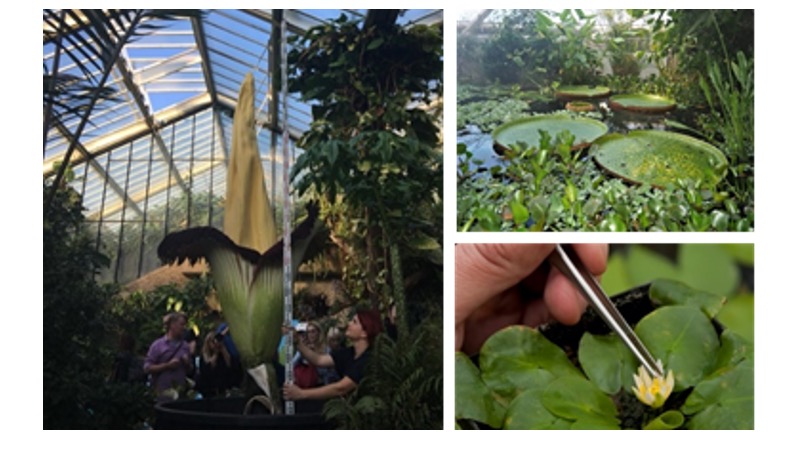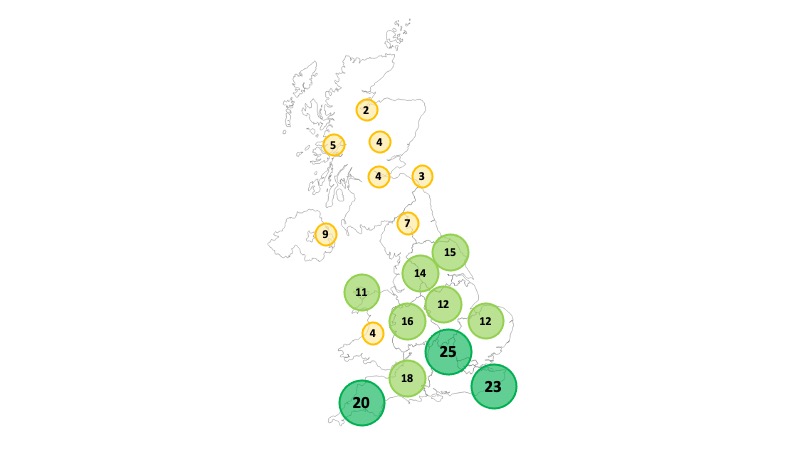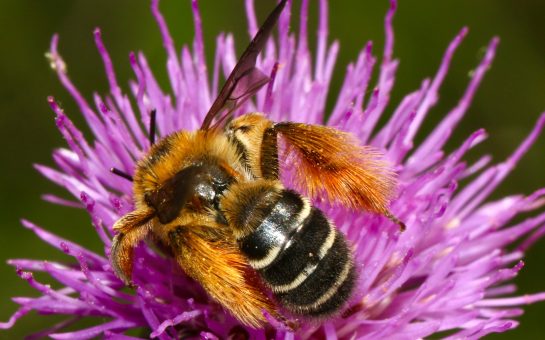The Royal Botanic Gardens in Kew has won a new Guinness World Record for the largest living plants collection.
The 320-acre area in London is home to more than 50,000 plants and 16,900 unique plant species from South Africa to Japan, and everywhere in between.
This diversity makes the UNESCO World Heritage site in Richmond the most diverse collection of living flora in a single site.
Richard Barley, Director of Horticulture and Learning at RBG Kew said: “It is a fantastic accolade, and a credit to the tireless work of our horticulturists and scientists.
“It also re-enforces the importance of botanic gardens around the world, as not only beautiful places to enjoy, but as essential hubs of inspiration and education, increasing awareness of the vital importance of plants to the health of our planet.”

Among its key goals, Kew is committed to protecting the ecosystem through science-based knowledge and solutions to prevent biodiversity loss.
Guinness World Records Managing Editor Adam Millward said: “It’s been a pleasure recognising some of RBG Kew’s record-breaking plants in recent years.”
Additionally, Kew holds records for the biggest and smallest waterlilies, the tallest and smelliest plant, the longest plant trap and the oldest potted plant (brought in 1775).
“It’s fantastic to be able to celebrate the entire collection – surely one of the jewels of the botanical world – in the GWR 2022 book,” commented Millward.
Beyond its variety of exotic plants, Kew also holds the world record for the largest wild seed repository, with more than 2.4 billion seeds.
Botanic Gardens Conservation International, which informed this Guinness World Record, documents conservation status of plant species internationally.
According to the organisation, there are 208 botanical gardens across the UK.

This makes the UK the second country with most registered botanical institutions, after the United States of America.
The charity gathers data of 3,733 botanical institutions from 185 countries.




